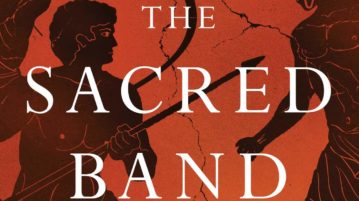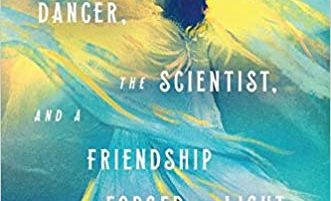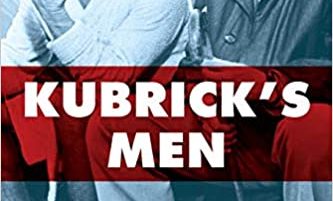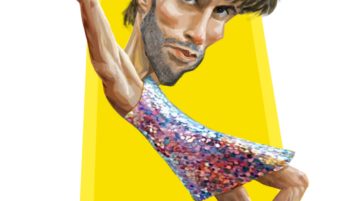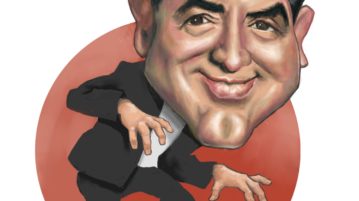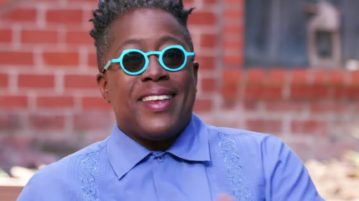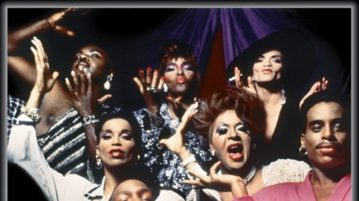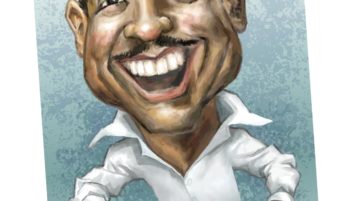THE EPICENTER of gay culture lies in Black gay, same-gender-loving, trans, lesbian, bisexual, and queer language. Black gay and queer vernacular has had a major impact on the larger LGBT+ community. The ability to modify and explore the dynamics of language to enhance our idea of an inclusive culture—one that allows freedom of gender and sexual expression—pierces through the heights of creativity. At the root of this language, now woven through mainstream society, there is a deep and complex history of the Black and queer communities. It comes with a shared legacy of hate, racism, discrimination, and oppression engendered by people who faced systematic attacks for being both Black and queer.
More